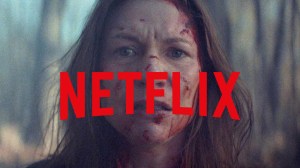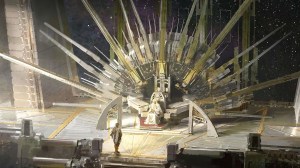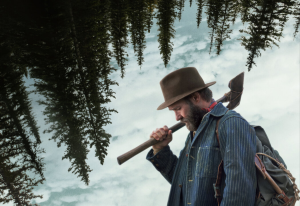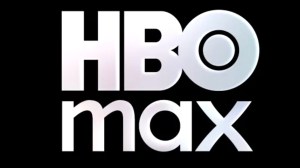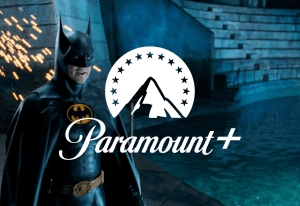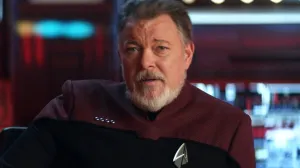It’s a question as old as time itself–or, at least, as old as The Godfather Part III: Do crappy prequels and sequels materially affect our appreciation of the original?In a recent conversation about the prospect of having made an E.T. sequel back in the 1980s, director Steven Spielberg revealed that in spite of having a plot in place and studio support, he and his production partners elected not to make one because they felt it could undermine the credibility of the first film.”Sequels can be very dangerous because they compromise your truth as an artist,” the director told the American Film Institute. “I think a sequel to E.T. would do nothing but rob the original of its virginity. People only remember the latest episode, while the pilot tarnishes.”Of course, in a day and age when almost everything is remade, rebooted, sequellized and prequellized, it’s hard not to look at that question and take it to the next logical place. As we asked in our initial coverage of the comments, does it seem hypocritical to hear that coming from one of the guys who brought us Indiana Jones and the Kingdom of the Crystal Skull?It’s also a question that can cross over all kinds of lines. With the DC Universe being rebooted and reinvented–pretty dramatically, in the case of some characters–there are fans out there who already had the “you’re raping my childhood” card in their hand and ready to play about fifteen seconds after the New 52 was announced. Things like changing Superman’s costume or revealing that Alan Scott is now gay just gives them an opening to use it.On the one hand, of course, there’s an argument that you hear creators make over and over again: The original is still there. Nobody took it away from you, and nobody is doing anything to it. This is generally true, although we’ll give Star Wars a little wiggle room since Lucas is frequently “doing something” to the original trilogy and has, for long periods of time, taken it off the shelves. Certainly in comics it’s true to the extent that popular and best-selling stories remain in print more or less indefinitely and the single issues can be located and cherished pretty easily in the age of the Internet. For fans who simply choose to hold onto their old copy and pretend the newer installment never happened, that’s certainly an option.On the other hand, when you have a franchise that thrives on continuity, it’s hard to ignore events that the “word of God” is saying happened to your favorite characters. Even if people didn’t much like Prometheus, is it easier to stomach because Ripley herself isn’t one of the people making moronic decisions on that alien world? Probably. Meanwhile, Han shoots second and Indiana Jones uses all of those fancy graduate degrees to decide a refrigerator is appropriate protection from a looming nuclear blast. It changes the conversation about the characters and makes it harder to ignore when someone tells you that suddenly and without warning, a character you’ve been reading about or watching for years is suddenly not the person you thought s/he was.It also could be a question of context–certainly the changes of the New 52, because they’re universe wide and the result of a massive cosmic event–seem more impersonal than the changes that come out of a story like One More Day over in Spider-Man. For me, that makes the changes easier to swallow, although your mileage may vary.With Ridley Scott, fresh off some fairly stinging assessments of Prometheus (a movie we liked), now prepping a sequel to Blade Runner, arguably his best-loved work, we’re having to stop and ask ourselves: Is Blade Runner really better than Alien, or does it just seem that way because nobody’s messed with it yet? And if it’s the latter, then how will we perceive things in a couple of years?


